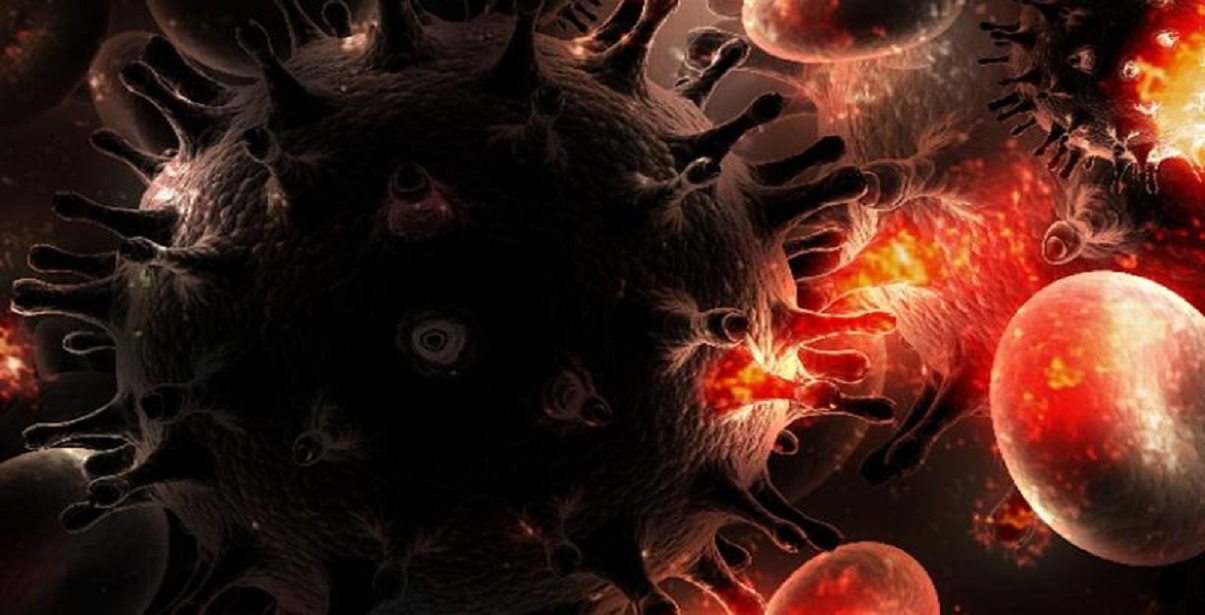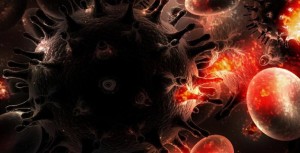
 Washington DC: A vaccine against the virus that causes AIDS has come close to reality after a recent study found that the immune system can prevent the body from neutralizing the HIV-1 virus.
Washington DC: A vaccine against the virus that causes AIDS has come close to reality after a recent study found that the immune system can prevent the body from neutralizing the HIV-1 virus.
Researchers at the University of Colorado Anschutz Medical Campus found that a process that protects the body from autoimmune disease appears to prevent it from creating antibodies that can neutralize the HIV-1 virus, a finding that could help drive a vaccine that stimulates the production of These Antibodies.
Principal investigator Raúl M. Torres and his team tried to better understand how the body’s own immune system could be hampering the neutralization of HIV-1 virus.
They knew that some patients infected with HIV-1 developed what are known as “broadly neutralizing antibodies,” or bnAbs, which can protect against a wide variety of HIV-1 strains by recognizing a protein on the surface of the virus called Env. But patients only develop these antibodies after many years of infection.
Because of the shared characteristics found in a series of HIV-1 bnAb, the researchers suspected that the inability or delay in the ability to make these protective antibodies against HIV was due to the immune system suppressing the production of The antibodies to prevent the body from creating auto- antibodies that could cause autoimmune diseases such as systemic lupus erythematosus.
At the same time, patients with lupus showed slower rates of HIV-1 infection. Scientists believe it is because these autoimmune patients produce self-reactive antibodies that recognize and neutralize HIV-1.
The process by which the body prevents the creation of antibodies that can cause autoimmune disease is known as immune tolerance.
Torres wanted to break that tolerance and stimulate the production of antibodies that could neutralize HIV-1.
“We wanted to see if people could make a protective response to HIV-1 without the normal restriction imposed by the immune system to prevent autoimmunity,” Torres said.
Researchers first tested mice with genetic defects that caused lupus-like symptoms. They found that many of them produced antibodies that could neutralize HIV-1 after being injected with alum, a chemical that promotes the secretion of antibodies and is often used in vaccinations.
They then treated normal mice with a drug that damages immune tolerance and found that they started producing antibodies capable of neutralizing HIV-1. The production of these antibodies was increased by alum injections. And if the mice were also injected with the HIV Env-1 protein, they produced potent highly neutralizing antibodies capable of neutralizing a range of HIV-1 strains.
In all cases, the production of these HIV-neutralizing antibodies correlated with levels of an autoreactive antibody that recognizes a chromosomal protein called histone H2A. The researchers confirmed that these antibodies could neutralize HIV-1.
“We believe this may reflect an example of molecular mimicry where the virus has evolved to mimic or look like a self-protein,” Torres said.
Torres suggested that the difficulty in developing an HIV-1 vaccine may be due to the ability of the virus to camouflage itself as a normal part of the body.
“But breaking the peripheral immune tolerance allows the production of cross-reactive antibodies capable of neutralizing HIV-1,” Torres said.
Since the research was done on animals, scientists have yet to determine its relevance to the immunity of HIV-1 in humans.
“The primary consideration will be to determine whether immunological tolerance can be temporarily relaxed without leading to detrimental autoimmune manifestations and as a means to possibly provoke HIV-1 bnAbs with vaccination,” he said.
The study is published in The Journal of Experimental Medicine.




